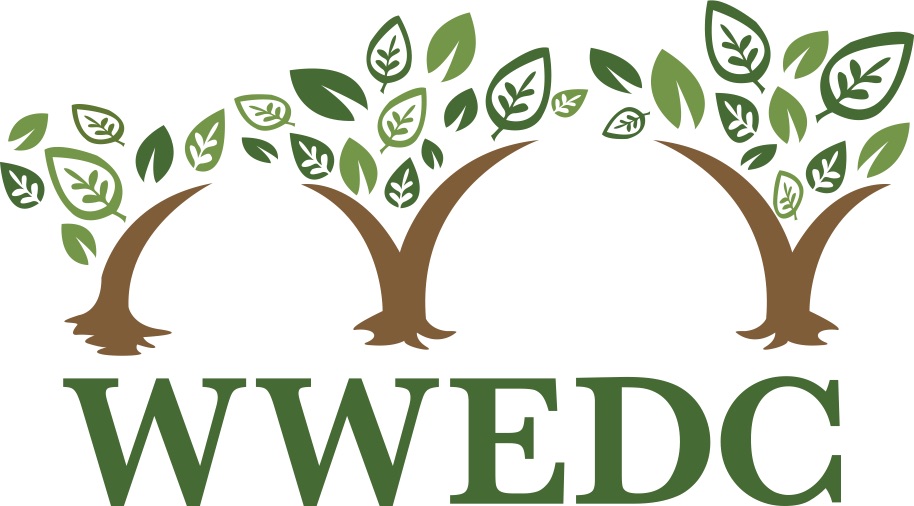Blog post written by Amanda Raffoul, PhD, Postdoctoral fellow at STRIPED
Today is the first day of Weight Stigma Awareness Week, an annual week of advocacy hosted by the National Eating Disorders Association (NEDA). Weight stigma is often called and confused with many other terms, including fatphobia, weight bias, and weight-based discrimination. Briefly, weight stigma captures the stereotyping and discrimination that people with higher weights in our society experience. Considering the role of weight stigma in eating disorders (more on that later!), we’ve decided to highlight why it’s important to #EndWeightHate.
Weight stigma is a social justice issue
Although negative comments, “jokes”, or bullying about someone’s weight are symptoms of a weight-focused culture, weight stigma goes beyond one-off interactions and is a structural, social justice issue. This means that the stereotypes many of us have about higher weights or the treatment of people with higher weights are embedded into every facet of our daily lives. People who live in larger bodies face discrimination on social media, in relationships with family and friends, and at doctors’ offices, school, work, and so on. Again, weight-based discrimination goes beyond rude comments — children in larger bodies are graded lower and evaluated as “less smart” than their peers, adults with higher weights are less likely to receive a promotion, and higher-weight people are often neglected in medical care settings, worsening their health outcomes overall.
Weight stigma is a public health issue
Weight stigma is associated with harmful health consequences, both mental and physical. Since weight stigma is a structural issue that worsens health outcomes for some people more than others, it is also a public health issue. One major problem with this is that public health researchers, practitioners, and policymakers themselves can be the perpetrators of weight stigma. (Side note: As a public health researcher myself, I can unfortunately attest to this…) There are tools out there, such as the STRIPED Roadmap, to help minimize weight stigma in public health work, but much still needs to be done to take the focus of public health interventions off of weight and towards health more holistically.
Weight stigma is important to consider in eating disorders work
So why does our coalition care so much about weight stigma? Weight stigma is directly linked to disordered eating and the risk of eating disorders among people across the weight spectrum. Internalized weight stigma, or the ways in which a person applies negative weight stereotypes to themselves, is associated with harmful food and weight behaviours. The Academy for Eating Disorders recently published this infographic outlining common myths about weight stigma and how it may relate to eating disorder risk.
If you live in the Waterloo-Wellington region and would like to find an eating disorders clinician who is weight-inclusive and/or has training around the harmful impacts of weight stigma, please visit our supports & services page.
How to get involved in Weight Stigma Awareness Week 2020
We won’t be able to eliminate weight stigma in one week, but getting involved in Weight Stigma Awareness Week is a great way to raise awareness of the harmful impact of weight stigma within your circles. You might even be able to teach someone about something for the first time! NEDA has a list of social media graphics and resources for you to share on social media, as well as a series of hashtags so you can connect with other advocates online (#EndWeightHate, #WSAW2020). If you’re interested in learning more, our supports & services page also lists dozens of books and articles on weight stigma.


